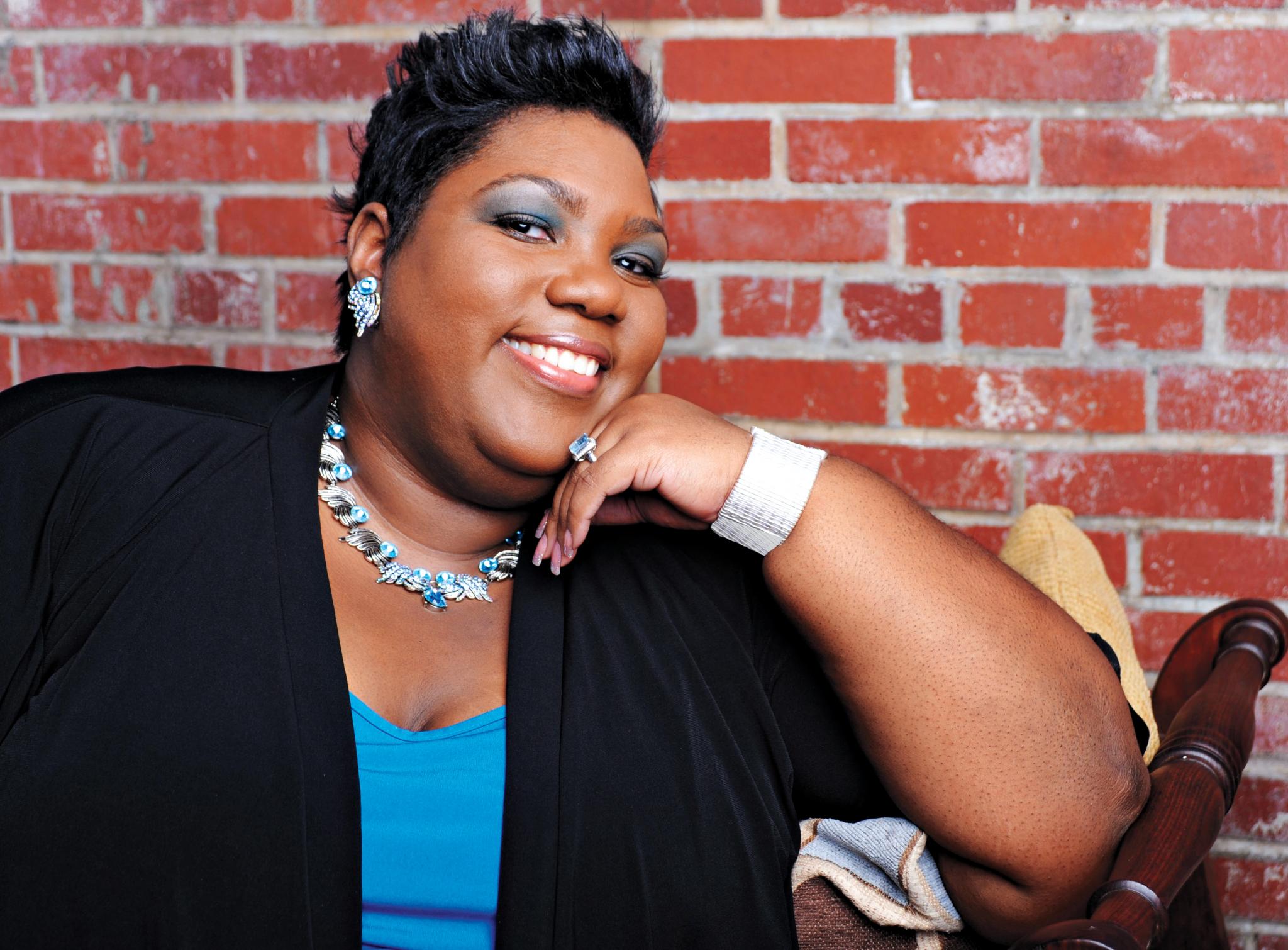
As a full-time blogger, I often use my life experiences to explore the theme of self-love. Over the years I’ve received plenty of positive feedback from women, many of whom told me I made them feel less alone. All that changed in April, when I wrote a piece for ESSENCE.com called “I Didn’t Give Up on Black Men, They Gave Up on Me.” In the article I explored the challenges I’ve had dating Black men and lamented that many of them “reject us for being too dark, having short hair or being plus size.”
Within hours of the piece going up, the insults began. “You could stand to lose a few pounds,” posted someone who called herself Lola. “Looking at your picture, can you blame them?” added Kayla. When links to my story appeared on The Root and MadameNoire, things really got out of hand. “Every fat woman I’ve ever known lived in denial, just like you,” blasted Quiet Thoughts II. Readers Googled images of me and posted the pictures in comment threads so that everyone could chime in on how “obese” or “undesirable” they thought I was.
At first I tried to respond to the comments, but it was all too much. These readers were tagging my Facebook fan page, insulting me on Twitter, and posting one hateful jab after another. Someone even created a YouTube video dedicated to ridiculing me. The article went up on a Thursday, and by Saturday I had shut down all my social media accounts. Even that wasn’t enough to avoid the nasty comments. When I logged on to my computer to check e-mail, I was horrified to find that people had sought out my personal Web site and used it to send more angry comments. This was supposed to be a happy moment in my career—the article was my most viewed ever on ESSENCE.com—but it hardly mattered. I told myself I had been stupid to share such a personal story and wondered if maybe the hecklers were right. Maybe fat people do belong in the shadows; at least there I would feel safe.
My “aha” moment came a week later as I watched Oprah Winfrey’s Super Soul Sunday on OWN. Best-selling author Brené Brown recounted a negative experience she had after her TED talk on vulnerability went viral. Viewers insulted her appearance all over the Web. I discovered that when it came to online bullying, I was hardly alone. Technology, with the access and anonymity it allows, breeds this kind of meanness. It wasn’t a coincidence that the most vicious comments came from people using fake names and generic avatars.
My editor suggested that I write through the pain. Six weeks later I penned a follow-up called “Why Is She So Fat?” in which I addressed the comments about my weight and explained that I learned long ago not to judge my worth by the numbers on a scale. I was sending a message that I would not be bullied into silence or shamed into going away. I stood up for myself, and for the first time in weeks, I felt good again.
A few days after the piece was posted, a TV producer invited me to discuss the issue on T.D. Jakes’s new talk show, Mind, Body & Soul. As devastating as the shaming had been, standing up to bullying opened the door to the experience of a lifetime. I know now that I can’t stop cyberbullying, but I can reject the message. Other people will not determine my worth based on my appearance or judge whether I deserve to be loved. I cast that ballot. The haters can say what they want, but the last word will always be mine.
For more from the October issue of ESSENCE. Pick up a copy on stands now.